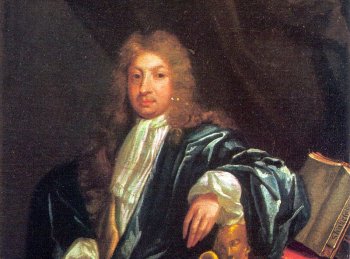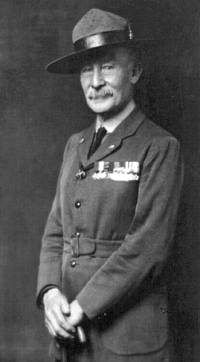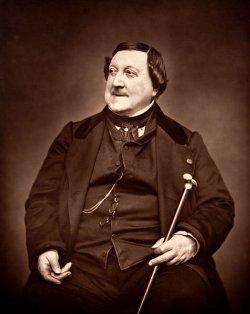
“The eyes have one language everywhere.” — George Herbert

“The eyes have one language everywhere.” — George Herbert

The Rainbow Room had a revolving floor in front of the band. [In 1934] Ray [Noble] would get up wearing white tie and tails and sit down at the piano on the revolving floor. We would go into a medley and Ray would play and talk to the people at the tables as he was being moved about. When he got about halfway around the circle he would be a half-block away from us. Claude [Thornhill] would then change keys on him. Ray would be playing ‘The Very Thought of You,’ say in E-flat, and Claude would change it to F and Ray would be stuck out there. When a half hour later the piano, moving circularly, got back to the bandstand Ray would be furious, and he would say, ‘For God’s sake, fellows, I am playing ‘The Very Thought of You’ in E-flat. What the hell are you playing?’
— Bud Freeman, Crazeology, 1995
The first recorded performance of Hamlet took place at sea, aboard the East India ship Red Dragon off the coast of Africa in 1607. Capt. William Keeling’s diary entry for Sept. 5 reads: “I sent the interpreter according to his desier abord the Hector whear he brooke fast and after came abord me wher we gave the tragedie of Hamlett.”
On a multiple-choice test, one of the questions is illegible, but the choice of answers is listed clearly below. What’s the right answer?
(a) All of the below.
(b) None of the below.
(c) All of the above.
(d) One of the above.
(e) None of the above.
(f) None of the above.

John Dryden agreed to serve as judge in an impromptu poetry competition among a group of friends, including the Duke of Buckingham, the Earl of Rochester, and Lord Dorset.
All the contestants worked thoughtfully at their entries except for Lord Dorset, who wrote two or three lines and passed them to Dryden almost immediately.
When everyone had finished, Dryden reviewed their submissions, and he smiled when he reached Dorset’s. “I must acknowledge,” he said, “that there are abundance of fine things in my hands, and such as do honor to the personages who wrote them, but I am under the indispensable necessity of giving the highest preference to Lord Dorset. I must request you will hear it yourselves, gentlemen, and I believe each and every one of you will approve my judgment:
I promise to pay John Dryden,
or order on demand,
the sum of five hundred pounds.
Dorset.
“I must confess that I am equally charmed with the style and the subject,” Dryden said. “This kind of writing exceeds any other, whether ancient or modern.”

It’s impossible to trisect an angle using a compass and a straightedge, but in 1947 Leo Moser showed how to do it with a pocketwatch. At noon align the watch’s hands with one side of the angle (above, XII), then wait until the minute hand has crossed to the other side (III). At that point the hour hand will have measured one-twelfth of the angle. Double that twice and you have your trisection.
“Now you can trisect an angle anytime, anyplace, for anyone who asks,” writes Underwood Dudley in A Budget of Trisections. “But no one ever will.”

In writing the first edition of Scouting for Boys in 1908, Robert Baden-Powell planned to include a section on self-abuse.
“You all know what it is to have at times a pleasant feeling in your private parts,” he wrote, “and there comes an inclination to work it up with your hand or otherwise. It is especially likely to happen when you see a dirty picture or hear dirty stories and jokes. Well, lots of fellows from not knowing any better, please themselves in this way until it often becomes a sort of habit with them which they cannot get out of.”
“The result of self-abuse is always — mind you, always — that the boy after a time becomes weak and nervous and shy, he gets headaches and probably palpitation of the heart, and if he still carries it on too far he very often goes out of his mind and becomes an idiot. A very large number of the lunatics in our asylums have made themselves ill by indulging in this vice although at one time they were sensible cheery boys like any one of you.”
Baden-Powell had consulted with his mother as to whether to include the section. He removed it at the strong advice of his publisher.

Gioachino Rossini was born on a leap day, Feb. 29, 1792.
Because 1800 was not a leap year, he took 12 years to reach his second birthday.

Does every closed curve contain the vertices of a square?
No one knows.